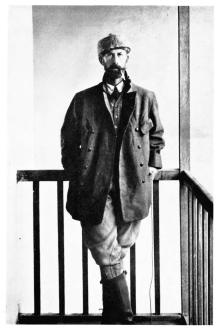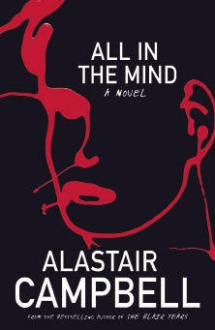The myth survived
You may find this book irritating. A complex exposition of 2,000 years of history, it is intended for the general reader, whoever he is (a general reader would surely not attempt it), so its source material is not identified but tidied away into long footnotes, presumably on the principle of pas devant la bonne. Thus




